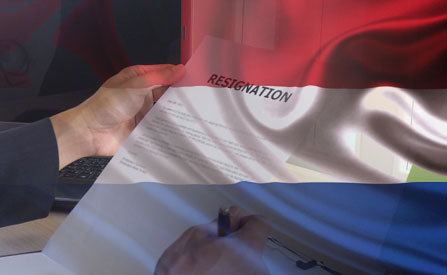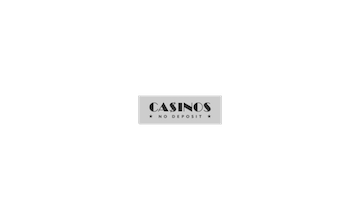
Dutch gambling regulatory body, the Kansspelautoriteit or KSA, has published a new set of rules and requirements that will govern the issuance of gambling licenses…
…in this soon-to-be regulated market. The new guidelines were put in place to better regulate the influx of foreign online gambling operators.
Setting the Framework for Full Regulation:
The Netherlands is an emerging gambling market. It is one of the latest western countries to open up its borders to online gambling services. With a new gambling bill recently voted in the parliament, KSA was tasked with setting up the legal framework that would regulate the soon to be established market. Per that request, it has issued the first draft of…
…application requirements and rules that online casino operators will have to adhere to if they wish to obtain the necessary licenses to operate in this market.
The KSA has described these new rules published on Monday as ‘broad terms’ while the more detailed guidelines are to follow. KSA is hoping to start taking applications by mid-2020, which would give newly licensed operators plenty of time to prepare for the opening of the market set for 1 January 2021.
Much like Sweden and other markets, the Netherlands has is planning on implementing rather strict application rules. Potential operators will be able to choose between four different types of licenses.
These include the casino games license which covers slot games, table games and such. Next is the poker license followed by a sports betting license and finally the race betting license.
Application Fees and More…
One detail that has generated some noise in the industry is the application fee. Potential operators will have to pay a non-refundable fee of €45,000 while the whole application has to be written in Dutch.
KSA has also laid out a set of vetting procedures and requirements each potential operator will be subjected to. Namely, in order to apply for a license, a gambling operator will have to prove that they haven’t…
…been involved in illegal activities dating back at least 8 years. At the moment, the regulator has a definition of ‘Cowboy Operators’ who are banned from applying for a license during a 2-year period.
Although the definition that covers such operators is fairly strict, most of the brands from this list have been found in direct breach of Dutch gambling laws in the past.
After dealing with a number of operators who tried to offer their products and services to Dutch customers without a necessary license, the KSA has decided to publicly name companies who have failed to pay fines imposed for such infractions. Furthermore, any such provider is automatically banned from submitting an application as their inability to pay the fine has rendered them unreliable in the eyes of Dutch regulators.
Although the KSA has the means of enforcing fines within the confines of the European Union, there is not much it can do to make international operators working from outside the EU pay their fines.
Source: Stradbrooke, Steven. “Netherlands clarifies online gambling license application rules” https://calvinayre.com/2019/11/11/business/netherlands-clarifies-online-gambling-license-application-rules/. Calvin Ayre. November 11, 2019.


